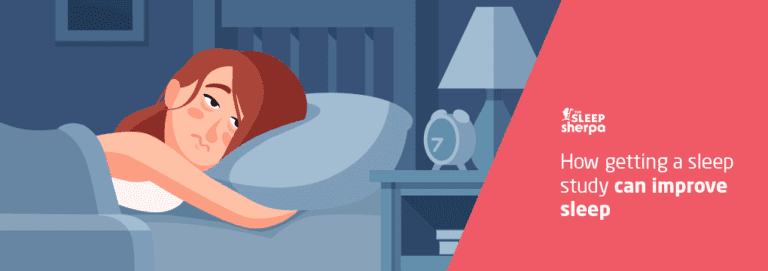How Getting A Sleep Study Can Improve Sleep
Sleep is often regarded as a luxury in modern society, but in reality, it’s a fundamental necessity for a healthy life. While individuals can survive without food for days, the quick and detrimental effects of sleep deprivation are starkly evident. Quality sleep fuels not only our physical health but also our mental well-being. The state of your mental clarity, mood, appetite, and productivity hinges on the restorative power of sleep. When we skimp on our nightly rest, the ramifications can manifest in troubling ways.
Understanding Sleep Disorders and Their Impact
A significant number of people struggle with sleep disorders, often without realizing it. Many drift through life unaware of why they feel perpetually tired. Sleep disorders come in various forms, each disrupting the normal cycle and quality of sleep. Unfortunately, even individuals who do not have diagnosable sleep disorders often experience inadequate sleep due to lifestyle factors. Early mornings and late nights filled with work and social obligations frequently lead to sleep deprivation, with people regularly settling for as little as three or four hours of sleep. Coupling high stress levels with insufficient sleep can pave the way for numerous health issues, further affecting productivity, memory, and focus.
The Importance of Sleep
Contrary to common perception, sleep should not be misconstrued as a period of inactivity. While we rest, our brains are hard at work, performing essential processes that cannot occur during wakefulness. Sleep encompasses four distinct stages, three of which are non-REM (Rapid Eye Movement) stages, culminating in one REM stage. Each of these phases plays an integral role in ensuring restorative sleep.
The third stage of non-REM sleep is particularly significant. Lasting between 10 to 30 minutes, it represents the deepest level of sleep—essentially a coma-like state. During this time, heart rate and body temperature dip, muscle activity is minimal, and breathing becomes calm and rhythmic. It’s during this stage that your brain produces delta waves, facilitating healing and replenishment. While sleep disorders like night terrors and sleepwalking may occur, individuals typically do not retain any memory upon waking.
The final stage of sleep, REM, is where the brain becomes highly active, preparing itself for waking hours. Adults generally spend around 20% of their total sleep in this phase, which is crucial for cognitive functioning. Brain activity peaks, and dream sequences often unfold as eyelids move rapidly beneath closed lids. Disruption of REM sleep can lead to feelings of grogginess when waking up, impeding memory formation and cognitive abilities, particularly notable with alcohol consumption which is known to interfere with this vital phase.
The Role of a Sleep Study in Improving Sleep
Engaging in a sleep study may seem daunting—especially with the associated cost—but the insights it offers can be transformative. A sleep study meticulously examines various factors affecting your sleep quality and overall health. If you are grappling with untreated sleep disorders, the clarity gained from a sleep study could be eye-opening, compelling you to take your sleep habits more seriously.
Sleep studies can take place either in a lab or at home, depending on the severity of suspected disorders. While home sleep tests are convenient, lab-based studies provide a more comprehensive analysis, including the monitoring of brain waves. What typically requires a multitude of doctor visits can be diagnosed in just a few hours during a sleep study, allowing experts to initiate treatment promptly. This rapid intervention can lead to quicker recovery and improved sleep quality.
Are Sleep Studies Worth the Investment?
Though the cost of a sleep study might initially deter some individuals, it’s essential to consider the long-term benefits. Many insurance companies have started to recognize the serious health risks associated with untreated sleep disorders, potentially offering coverage that makes these studies more accessible. It’s advisable to consult with your insurance provider to determine coverage options as it might prove to be more affordable than anticipated.
For those concerned about expenses, home sleep tests provide a lower-cost alternative without sacrificing essential diagnostic capabilities for many sleep disorders.
Conclusion
Prioritizing your sleep is fundamental to your overall health and well-being. A sleep study can uncover hidden issues that disrupt your nightly rest, enabling you to regain control over your sleep patterns. In doing so, you’re not just investing in a night of rest but in your health, productivity, and overall quality of life. Don’t overlook the importance of good sleep; a sleep study might just be the first step toward a more restful, rejuvenating night.













